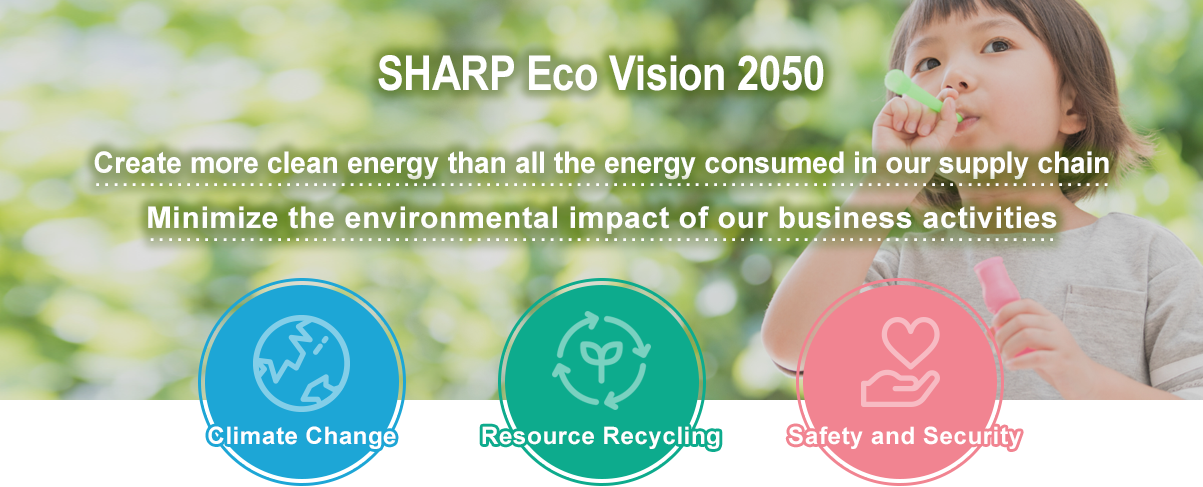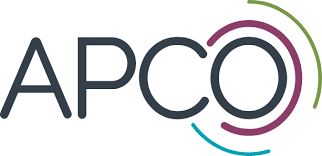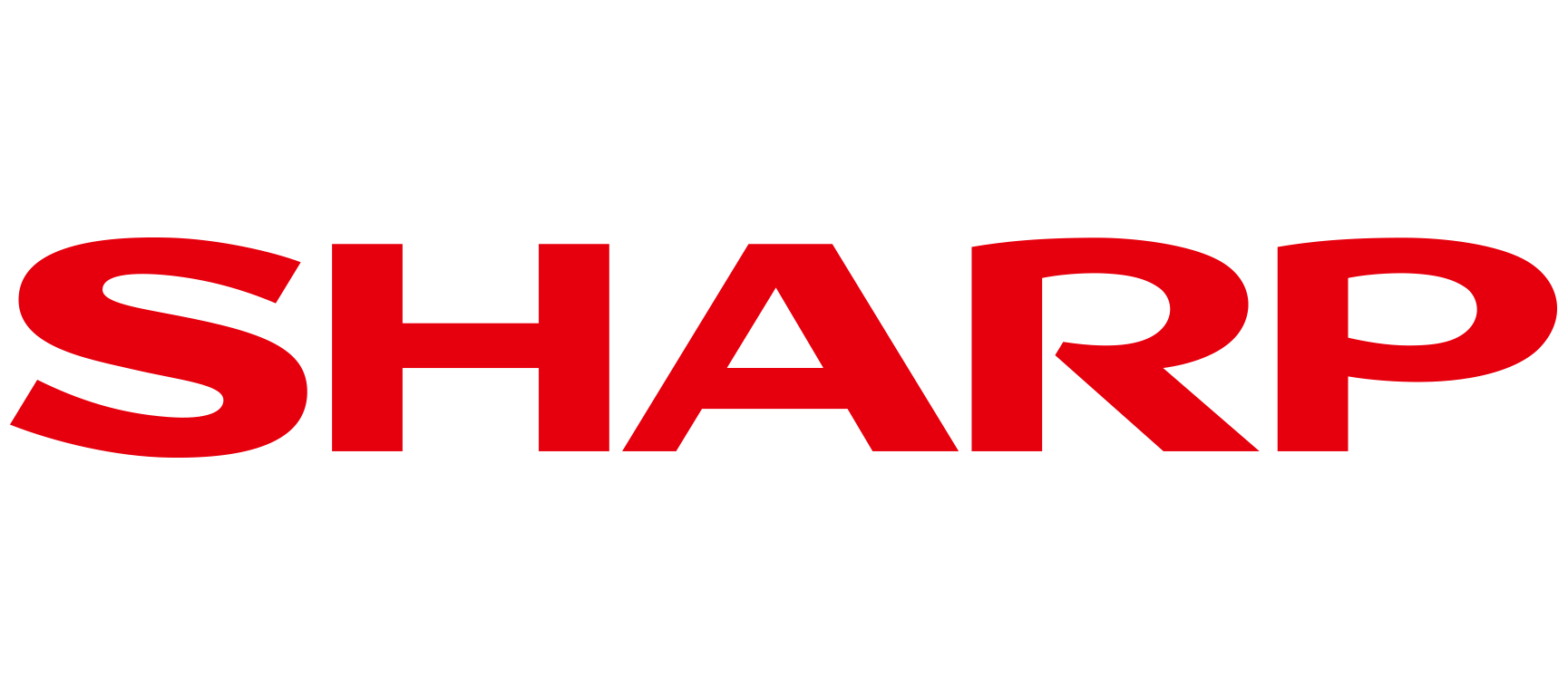Environmental Initiatives

SHARP Eco Vision 2050 Long-Term Environmental Vision
The international community has recognized the urgent need to address increasingly serious environmental problems, such as climate change, resource depletion, and plastic pollution. This awareness is accelerating global action to solve these social problems, including efforts associated with the achievement of the Sustainable Development Goals (SDGs),1 compliance with the Paris Agreement,2 and creation of a circular economy.*3
In 2019 Sharp formulated SHARP Eco Vision 2050, a long-term environmental vision based on its Basic Environmental Policy of “Creating an Environmentally Conscious Company with Sincerity and Creativity,”which was established in 1992. Sharp is working toward realizing a sustainable global environment by pursuing long-term goals set in three fields of action with 2050 as the target year: climate change, resource recycling, and safety and security.
In the field of climate change, while keeping in mind the 1.5°C target*4 stipulated in the Paris Agreement, Sharp seeks to broaden and disseminate clean energy-related products and services and to reduce greenhouse gas emissions from its corporate activities as well as products and services.
In the resource recycling field, Sharp pursues a circular economy by promoting the recycling of products and reducing waste generation from its business activities.
In the safety and security field, Sharp strictly manages chemical substances that may affect people’s health, the natural environment, and ecosystems and restricts their use to eliminate the risk of negative effects.
To accelerate our efforts toward the long-term environmental vision, Sharp is formulating medium-term environmental goals that define specific activities and quantitative targets in each field.
Sharp is aiming to solve social problems and continuously raise corporate value by deepening ties with stakeholders through business activities and environmental conservation efforts geared toward the long-term environmental vision.
*1 Adopted by the United Nations in 2015, the SDGs are a set of 17 development goals for the world to achieve by 2030 in order for society to realize sustainable development. *2 An international framework for the prevention of global warming agreed on at the 21st yearly session of the Conference of the Parties to the 1992 United Nations Framework Convention on Climate Change (COP21), held in Paris in 2015. *3 An economic system aimed at eliminating wastes and circulating resources. Waste products and raw materials are considered new resources and are thus recycled. *4 The Paris Agreement sets forth the long-term targets of keeping the rise in global average temperature well below 2°C above pre-industrial levels and pursuing efforts to limit the temperature increase to 1.5°C.
For more information, please visit here
Australian Packaging Covenant
The Australian Packaging Covenant (APCO) is a national regulatory framework under the National Environment Protection (used Packaging Materials) Measure 2011 (NEPM) that sets out how governments and businesses across Australia share the responsibility for managing the environmental impacts of packaging.
APCO is a co-regulatory, not for profit organisation that partners with government and industry to reduce the harmful impact of packaging on the Australian environment. APCO promotes sustainable design and recycling initiatives, waste to landfill reduction activities and circular economy projects. APCO Annual Reports are a key Membership obligation, providing Member organisations with a transparent method to track their packaging sustainability performance.
Sharp is committed to the guidelines set by the The Australian Packaging Covenant and will continue to focus on sustainable packaging in the interests of protecting the environment.

